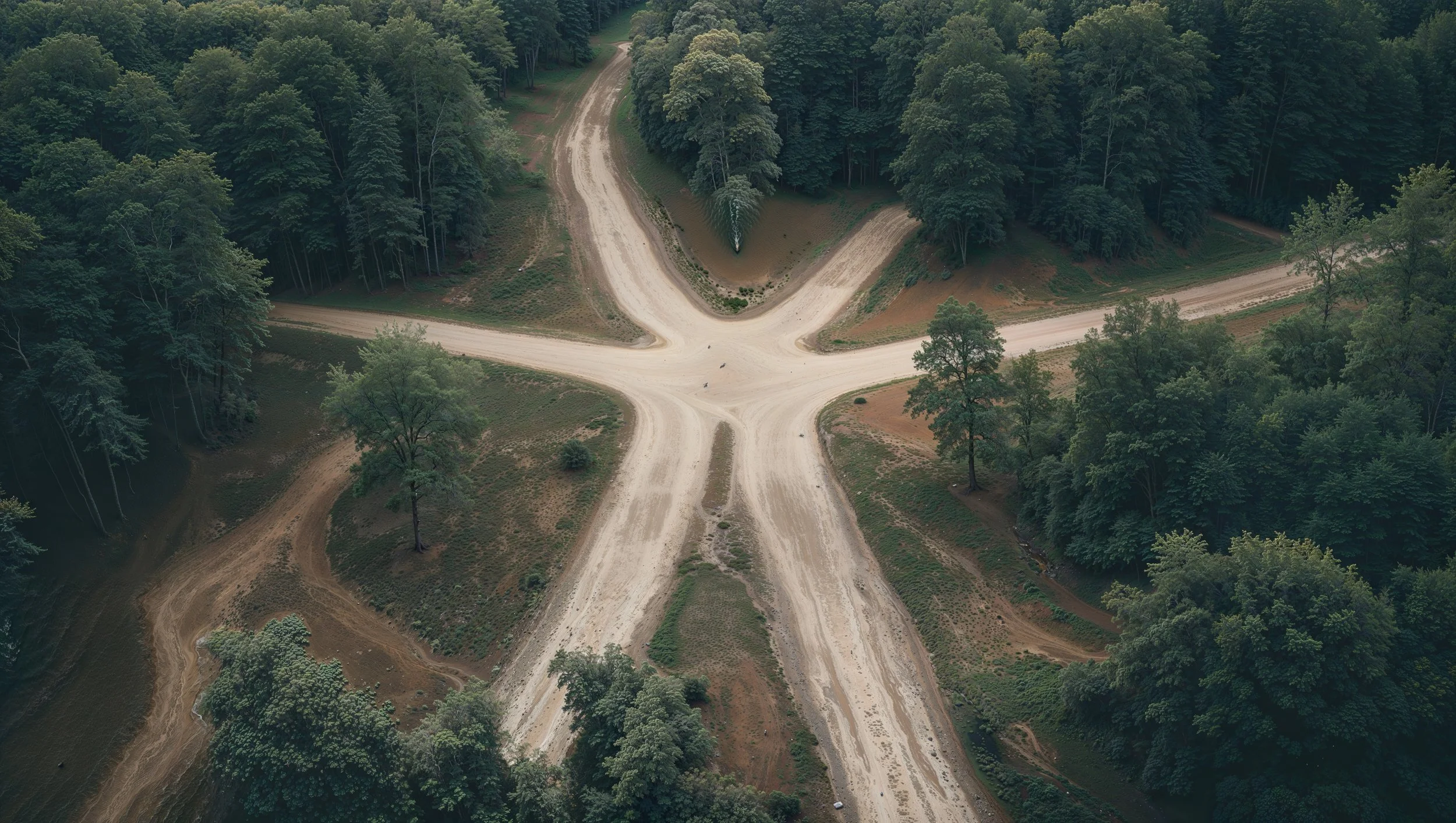You may have already made your creative choice
You think you're choosing between multiple flawed creative options.
You're not.
You're choosing which conditions you're willing to accept. The decision itself? You made that before you consciously realized it.
This changes everything about how creative decisions actually work.
The Self-Protection Trap
When facing two bad choices, you instinctively lean toward the path of least emotive resistance. The option that feels less confronting right now.
Even when it creates bigger problems later.
This isn't weakness. It's biology. Brain imaging studies reveal that challenging creative tasks trigger more activity in your prefrontal cortex. The researchers found something striking: "The more you think about it, the more you mess it up."
Your analytical mind, trying to help, actually makes creative decisions harder.
The solution isn't more analysis. It's sitting with the emotional hit of each choice without forming judgment.
The Mindfulness Advantage
Most creative professionals analyze their way to paralysis. But research from INSEAD and Wharton shows something different works.
Just 15 minutes of focused breathing meditation increased resistance to sunk-cost bias. It reduced focus on past and future, leading to less negative emotion and better decision-making.
The practice creates space between you and your protective instincts. You can examine each choice's implications without your emotional defense system hijacking the process.
This isn't about becoming zen. It's about seeing clearly which conditions each choice actually requires you to accept.
Following Practice, Not Passion
Here's where conventional creative advice gets dangerous.
"Follow your passion" assumes you know what you want. But when you want specific outcomes, your choices become conditional. You lose the very freedom that makes creative work possible.
Seth Godin flips this: "Do what you love is for amateurs. Love what you do is the mantra for professionals."
Professionals follow the practice. They choose a discipline and trust that passion emerges from commitment, not the other way around.
This removes the pressure to make the "right" choice. There is no right choice when outcomes matter. There's only the choice to show up to your practice consistently.
The Power of Not Knowing
When you accept that you can't know if you're making the right creative choice, something shifts.
Equanimity emerges.
You stop trying to predict outcomes you can't control. You focus on the conditions you're willing to accept and the practice you're committed to following.
Your creative decisions become lighter. Faster. More honest.
You write down the implications of each choice, examine your protective impulses, sit with the emotional reality of both paths. Then you choose.
Not because one option is better. Because you've accepted the conditions that choice requires.
The choice you might have already made becomes the choice you make with your eyes open.

